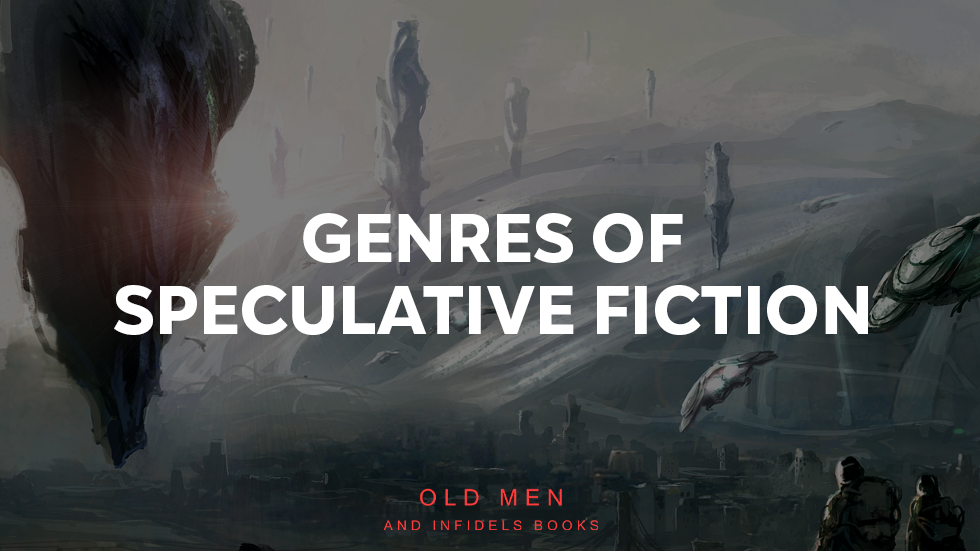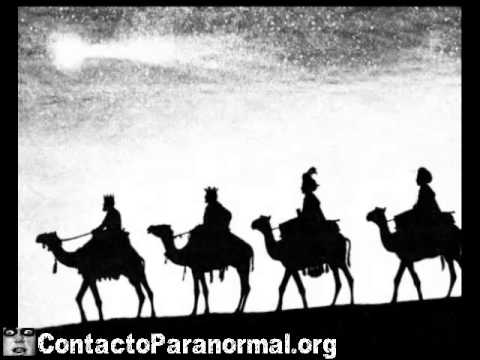Genres of Speculative Fiction

Reality is something we cannot avoid. Our lives are only limited to what currently exists in our current time. It is something defined by our choices or the choices of others in the past. For us, we are only limited by our reality.
Although reality confines our physical body, it cannot contain what we think. Sure, our thinking might still be informed by what we think, and experience is real. It is free to think outside of it. Our minds are free to think of “what-if” and “what-will.” Hence, our minds are able to transcend reality.
Speculative fiction is one such exercise of transcending reality. It is a broad and encompassing genre defined differently by many people. However, the one constant thing it does is to speculate. It allows our minds to speculate of things to come or things that could have been.
This is what makes speculative fiction such an enjoyable read. It allows us to escape our realities. It enables us to explore alternate histories without really changing or revising what already exists. Hence, if the multiverse really exists, speculative fiction could be a window to view these alternate realities.
As a genre of writing, there is no limit to what speculative fiction can be about. It can be about a world where women are governed by their ability to give birth, ala Margaret Atwood’s Handmaid’s Tale. It can be about a future world where the old and the young’s ideologies clash philosophically and politically, such as Walter Clark Boutwell’s book on post-apocalyptic fiction: Outland Exile. Simply there is no limit as to what speculative fiction encompasses.
Genres under Speculative Fiction
Because of the almost unlimited scope of speculative fiction, most works that fall under it can be classified into other subgenres. Works of speculative fiction can fall into one of these subgenres, or it could be a combination of the elements of multiple genres.
Fantasy is a genre of speculative fiction that has roots in oral traditions. These are typically set in fictional universes where magic exists, and mythology and folklore rule the land. The genre usually explores what if the gods and goddesses of myth lived. Some notable works include J.R.R. Tolkien’s The Lord of the Rings, Rick Riordan’s Percy Jackson series, and the Harry Potter series by J.K. Rowling.
.
Science fiction is a genre that sits on the opposite side of fantasy. It is a genre that features technologies and other elements that do not exist yet and may be possible in the future through the power and advancement of science. It trades mythical creatures for aliens, mutants, and cyborgs. It trades magic for technology. Notable works include Dune by Frank Herbert and Do Androids Dream of Electric Sheep (by extension, its movie adaptations Blade Runner and Blade Runner 2049) by Phillip K. Dick. H.G. Wells is considered the “father of science fiction” due to his multiple contributions to the genre.
Horror is the genre of the macabre. It focuses on terrifying stories. Horror often overlaps with science fiction and fantasy, with villains being supernatural or scientific (i.e., Aliens). The cause of horror could even come from the mundane like serial killers and psychopaths. Examples can include William Peter Blatty’s The Exorcist. Clive Barker’s The Hellbound Heart and the multiple stories from the Goosebumps series.
Utopian is a speculative genre that is usually set in a highly ideal society. These stories often explore what it is like to live in a happy, advanced, and intelligent society without problems. Some notable works include multimedia narrative 17776 by Jon Bois and Aldous Huxley’s final work, Island.
Dystopian is a genre that sits opposite utopian fiction. It explores the conditions of a highly undesirable society. It usually features heavy censorship and strict control from an authoritarian government. Brainwashing and propaganda are almost always present in these works. 1984 is a dead ringer for the genre. Other works include Aldous Huxley’s Brave New World and The Hunger Games series of Young Adult Novels.
Political Fiction is a genre I am currently attempting to give a wider scope. Tales like Station Eleven by Emily St. John Mandel, Handmaiden's Tale by Margaret Atwood, 1984, my own series of books, Old Men and Infidels, are primarily speculative only in the sense that "if this were to happen, how would people react." They are not primarily focused on technology, although the presence or absence of tech might be a plot device. Books of the political fiction genre are frequently categorised as science fiction despite the marked absence of slimy space aliens and FTL travel.
Alternate History is a genre that does what it says on the tin. It explores themes or events if history happened differently. Famous works include The Man in the High Castle by Philip K. Dick and The Last Starship from Earth by John Boyd.
Apocalyptic fiction is speculative fiction during a massive worldwide catastrophe. Usually, characters struggle to survive, and in the case of stories battling pandemics, it is a race to find a cure. Zombie-apocalypses is probably its most saturated sub-genre. Sample works include H.G. Wells’ alien invasion story War of the Worlds and I Am Legend by Richard Matheson.
Post-apocalyptic is a speculative fiction genre that is usually set after the apocalypse. It usually narrates how survivors cope with a world that changed irreversibly. Metro 2033 by Dmitry Glukhovsky and the Stand by Stephen King are notable works, among others.
‹ Back








Comments